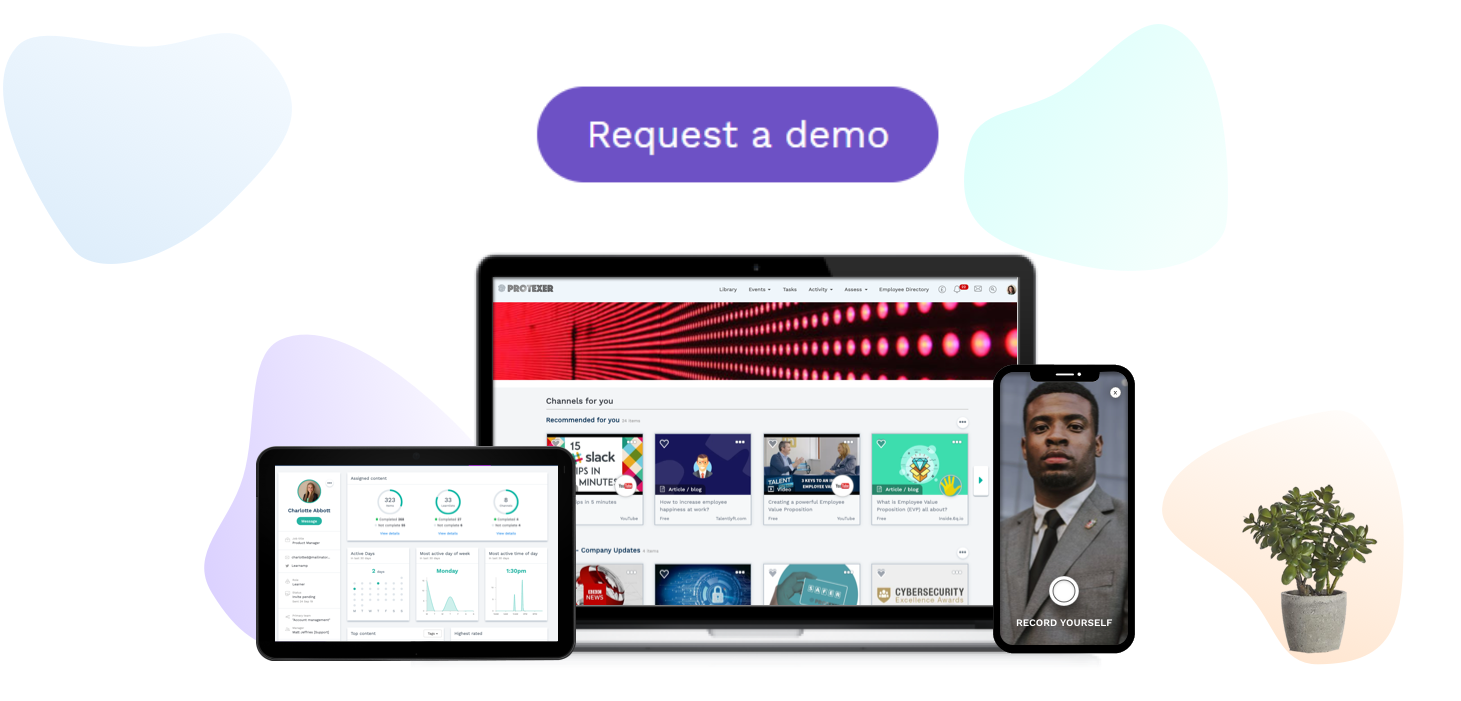Companies spend hours longlisting, shortlisting, testing and interviewing candidates. But when it comes to reference checking, many businesses outsource it, dial it in - or skip it altogether. So, why should you bother?
Ed Nathanson, the VP of Talent at EQRx, is unequivocal on the point: “It’s time to scrap reference checking...This practice is more than broken - it is useless,[1]” he comments.
Nathanson’s argument is that traditional reference checking is outdated, that candidates will only provide you with references who will praise them, and that referees are usually busy managers who will provide standardised answers.
We agree! Reference check templates aren’t likely to produce useful results - other than confirming that the candidate hasn’t lied extensively on their CV! The secret isn’t to scrap reference checking - it’s to do it the right way.
How to make reference checking work for you
Here are our suggestions for how to harness reference checking to improve your quality of hire and create an exceptional employee experience:
- Take it seriously.
The hiring manager should be the person handling reference checking. After all, they’re the ones who know the most valuable skills and competencies their new candidate will need to have.
Rather than asking candidates who you should contact, request to chat to specific people - their current and former managers are usually the best bet - who will know how they work and how to get the most out of them in the workplace.
The insight from someone who’s worked with them is far more likely to be a true reflection of how they work than you can test in a recruitment process, so try to speak to as many people as possible. We recommend four or five people, if possible.
- Don’t call it a reference.
Many businesses don’t allow people give references. Ask to have a quick chat with the candidate’s line manager instead. Let their manager, or former managers, know it’s to help you understand how best to manage the person and help them start making an impact, fast.
- Speak to people.
Skip the forms, and actually talk to references over the phone. This will allow you to ask far more detailed questions.
If you can’t find anyone willing to talk to you about the candidate, it might not be a good sign. The very best candidates tend to have lots of people who will champion and advocate for them and their careers.
Also, watch out for comments like “I didn’t really get to know them” or “I can’t really remember them.” Usually, the best people make a lasting impact - and people remember them! Look for patterns - one forgetful manager could be bad luck, but if you can’t find anyone prepared to speak enthusiastically about the candidate, you might want to start looking elsewhere.
- Get nosy.
Once you’ve got a referee on the phone, probe like crazy - and listen to the speaker’s tone of voice, and what they aren’t saying.
Encourage referees to open up by reassuring them that you are trying to get to know the candidate better - not simply to decide whether or not to eliminate them from your selection process.
Be careful not to hear what you want to hear. If they can’t speak about the candidate’s impact at the organisation, or provide specific examples of their strengths, those should be red flags.
- Ask better questions.
Create a standardised list of questions that the hiring manager will ask the candidate’s former employers. These questions should not just elicit information about the candidate’s honesty during the interview. After all, your interview, screening and selection process should serve to test your candidate’s level of skill and values fit.
Rather, your reference check questions should aim to help your hiring manager understand how the candidate works, what they find motivating, the kinds of tasks at which they excel, and any potential issues they may run into.
Don’t just aim to find out if they’d be good at their new role - try to figure out how to manage them, how well they work with other people, and how to get the best out of them.
Examples of helpful questions include:
- “What management style does the candidate prefer?”
- “How does he/she respond to constructive feedback?”
- “Tell me about a time when he/she had to handle a conflict at work.”
- Relative to X’s strengths, what are they less good at?
- Which of their achievements most stand out for you? What was the impact of that achievement? How did it affect the rest of the team?
- Use your reference information to improve the employee experience.
The information the hiring manager gathers about the candidate can be a fantastic way to personalise your new hire’s onboarding experience. You may identify areas in which they could benefit from training, or spot projects which would particularly suit them. Our Operations Lead, Ajay Palekar, explains how we do it at Learn Amp:
"We always try to speak to at least four of the candidates’ former line managers. We find this gives us the most useful information - not just about the candidates’ strengths and relative weaknesses, but also how to get the best out of them if they were to join us. Things like - “Give this person a high level of autonomy”, or “This person benefits from very clear upfront guidance,” for example.”
Overall, you get out what you put in. To transform reference checking from a box-ticking exercise into a useful insight into your new hires, you need to put the effort in.
This means a phone call, rather than an email, whenever possible. And it should go without saying that a lukewarm reference is definitely a red flag. After all, the candidate has provided this reference as someone they feel will praise them - so anything less than an absolute rave is a clear warning sign.
Resources:
[1] https://business.linkedin.com/talent-solutions/blog/recruiting-tips/2017/it-is-time-to-scrap-reference-checking-here-is-why




